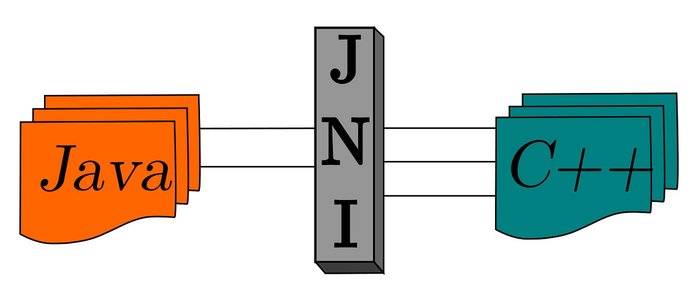Global law enforcement agencies have seized 27 popular platforms used to launch Distributed Denial-of-Service (DDoS) attacks to take websites offline.
Three administrators have been arrested in France and Germany and over 300 users were identified for planned operational activities.
The operation, known as PowerOFF, sought to disrupt cybercriminals’ attempts to disrupt the festive season with such attacks. Europol noted that this is a peak period for DDoS attacks.
The platforms that have been disrupted are known as ‘booter’ and ‘stresser’ websites. These enabled cybercriminals and hacktivists to flood targets with illegal traffic, rendering websites and other web-based services inaccessible.
Such attacks can cause severe financial loss, reputational damage and operational chaos for their victims.
The motivations for launching such attacks vary, from economic sabotage and financial gain to ideological reasons, as demonstrated by hacktivist collectives such as Killnet or Anonymous Sudan.
Europol provided analytical support, crypto-tracing expertise, and forensic assistance to the investigation, while facilitating the exchange of information through the Joint Cybercrime Action Taskforce (J-CAT), which operates from its headquarters.
Operation PowerOFF is also tasked with taking proactive steps to prevent further incidents.
To this end, the International Cyber Offender Prevention Network (InterCOP) played an important role in enabling countries to join the PowerOFF operation.
No tags.





































